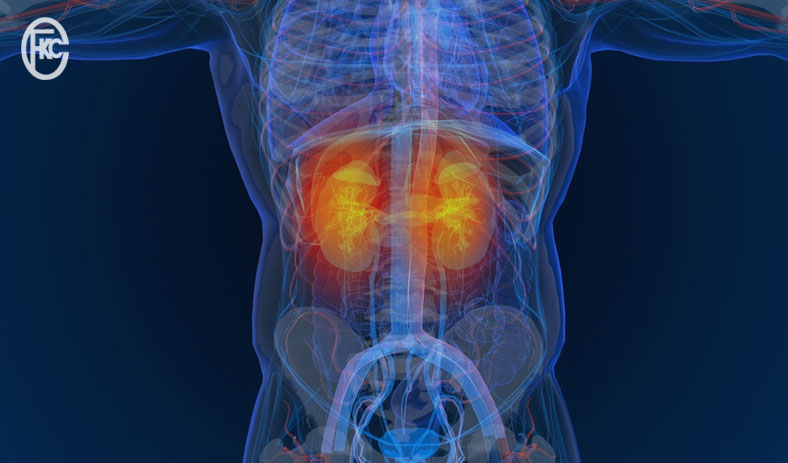
Overview:
Early detection of kidney disease is critical to ensure that individuals can receive treatment as early as possible to reduce long-term complications. Early diagnosis of kidney disease starts with preventive health tests and screenings. Common tests that may reveal the presence of kidney disease include a physical examination, blood and/or urine tests, and imaging tests such as ultrasound or CT scan. Early diagnosis and monitoring are the best ways to prevent kidney disease and its complications.
Some following reasons for Early Detection of Kidney Disease: Why You Should Care: -
1. Lower risk of kidney failure:
Early detection can help identify kidney disease before extensive damage occurs, resulting in a lower risk of kidney failure and the need for dialysis or a kidney transplant.
2. Improved treatment outcomes:
Doctors are better able to manage and slow the progression of kidney disease if they detect the disease early and begin treatment as soon as possible.
3. Better quality of life:
When diagnosed early, people with kidney disease can proactively manage their condition to help preserve the quality of their life.
4. Reduced stress:
Knowing that your kidneys are functioning properly can reduce anxiety and worries about future health complications.
5. Maintaining healthy blood pressure and glucose levels:
People with kidney disease are more likely to have abnormal blood pressure and blood glucose levels, so early detection helps patients better regulate these levels.
6. Protecting kidneys from further damage:
Early detection and treatment can slow the progression of kidney disease and help protect the kidneys from further damage.
7. Lower medical costs:
Early detection of kidney disease may help avoid the need for costly treatments such as dialysis or a kidney transplant.
8. Proper nutritional management:
Catching kidney disease early allows for proper nutrition management to ensure the patient receives adequate nutrition and avoids any further complications.
9. Fatigue prevention:
Early detection of kidney disease can help identify fatigue from anemia, a common side effect of kidney disease.
10. Avoiding complications:
Early detection helps prevent complications, such as an infection in the urinary tract or high potassium levels, from developing.
Conclusion:
Early detection of kidney disease is essential for managing and slowing down the progression of the disease, preserving kidney function, and maintaining a healthy and fulfilling life. It's important for individuals to be informed about the symptoms of kidney disease, seek regular medical checkups, and ask for routine kidney function tests to ensure they are aware of any potential issues as soon as possible.